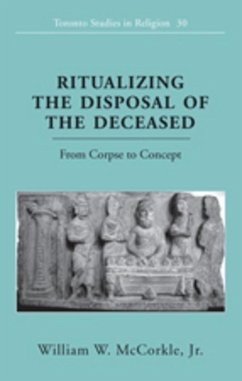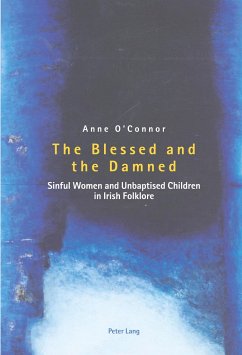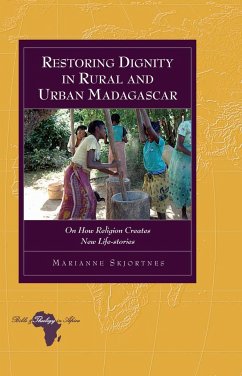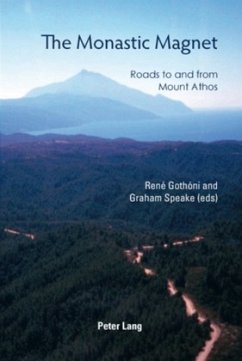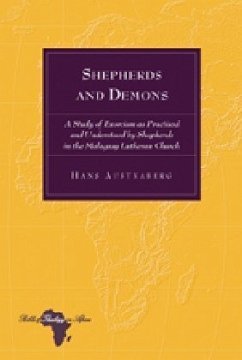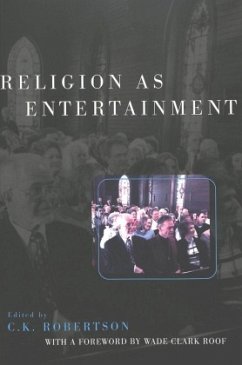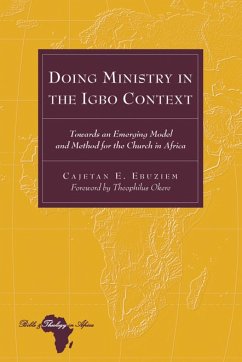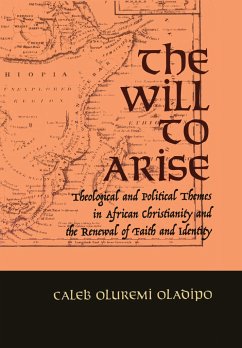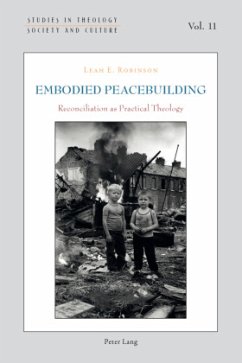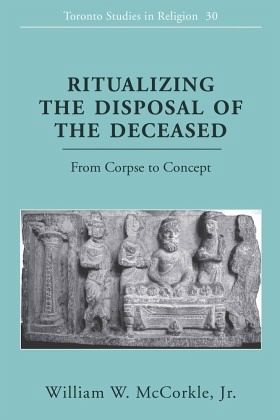
Ritualizing the Disposal of the Deceased
From Corpse to Concept
Versandkostenfrei!
Versandfertig in 6-10 Tagen
53,50 €
inkl. MwSt.
Weitere Ausgaben:

PAYBACK Punkte
0 °P sammeln!
Ritualizing the Disposal of the Deceased traces mortuary behavior from the early fossil record to modern religious contexts in diverse cultural settings. By using archival and ethnographic evidence from Buddhist traditions, the author highlights the disparity between doctrines that contradict actual practices performed by Buddhists themselves. By appealing to the evolved cognitive architecture of human minds, this book argues that ritualized disposal behavior is the by-product of mental systems designed to handle living people. Due to complex social intelligence, humans are compelled to handle...
Ritualizing the Disposal of the Deceased traces mortuary behavior from the early fossil record to modern religious contexts in diverse cultural settings. By using archival and ethnographic evidence from Buddhist traditions, the author highlights the disparity between doctrines that contradict actual practices performed by Buddhists themselves. By appealing to the evolved cognitive architecture of human minds, this book argues that ritualized disposal behavior is the by-product of mental systems designed to handle living people. Due to complex social intelligence, humans are compelled to handle dead people in ritualized behaviors and to represent them in counterintuitive ways. The author also examines the professional religious guilds that have taken advantage of these ritualized compulsions over the last several thousand years, by giving and controlling the meanings behind these actions. Furthermore, experimental evidence is given to support this hypothesis, providing the first mature cognitive and evolutionary theory for mortuary behavior by humans.




